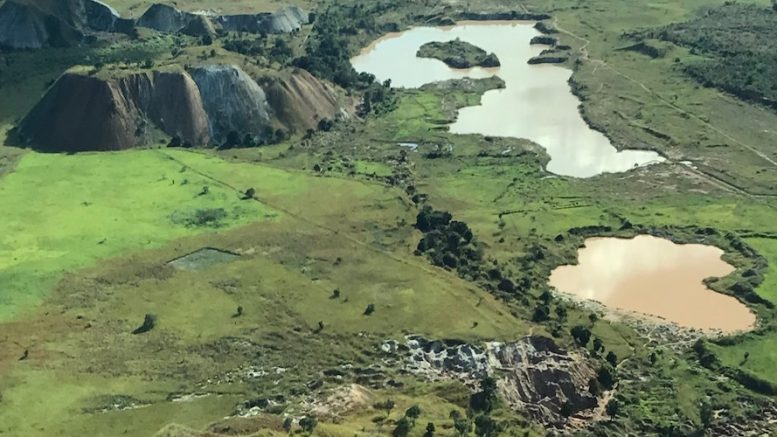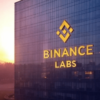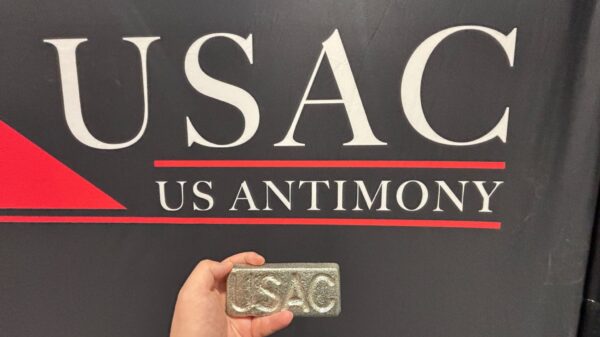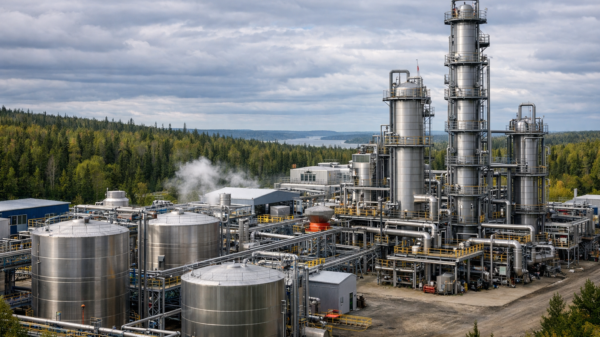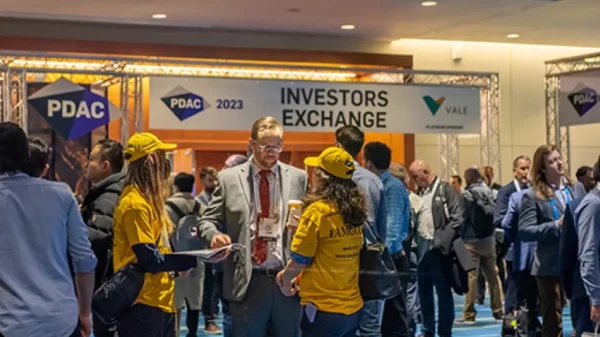KoBold Metals, the private mineral exploration company backed by Jeff Bezos, Bill Gates, and other high-profile investors, has secured seven new permits in the Democratic Republic of Congo (DRC).
Announced on Wednesday, the licences give KoBold the right to search for lithium, manganese, tin, and tantalum in the country’s mineral-rich southeast. They were granted only weeks after the California-based company signed an exploration pact with the Congolese government, which is actively seeking more American investment in its mining sector.
Congo is already the world’s top producer of cobalt and the second-largest source of copper. It also holds significant reserves of lithium and tantalum, making it central to the clean energy transition.
KoBold is targeting ground near the Manono lithium project, a deposit long viewed as one of the most promising in Africa. The company has ambitions to develop the project into a major mine, but first it must confront a legal dispute.
Australia’s AVZ Minerals has challenged Congo’s termination of its rights to Manono.
The company has launched arbitration proceedings and is pressing for a settlement or a buyout. KoBold has notified authorities that the dispute must be resolved before any development can move forward.
However, KoBold’s strong shareholder base, which includes BHP Group (ASX: BHP) (NYSE: BHP), Andreessen Horowitz, and Norway’s Equinor, positions it well to navigate these challenges.
The company’s push into Congo comes amid a larger geopolitical contest over critical minerals. Washington is working to reduce reliance on China for materials essential to electric vehicles and renewable power.
Read more: Lithium Americas pulls in $250M in third party funding for Thacker Pass in Nevada
Read more: ExxonMobil and LG Chem agree to lithium offtake agreement
Deal supports Lobito corridor initiative
KoBold says it uses artificial intelligence to identify deposits of copper, cobalt, nickel, and lithium more efficiently than traditional exploration methods. This combination of cutting-edge technology and strong financial backing has drawn attention from governments seeking secure supply chains.
The recent agreement with Kinshasa also commits KoBold to digitize geological records held at the Royal Museum of Central Africa. Furthermore, the company will provide free public access to historic geoscientific data through Congo’s National Geological Service. In addition, this data initiative aligns with U.S. efforts to improve transparency and reduce barriers to exploration in Africa.
The deal supports the Lobito corridor initiative, which aims to create secure transport routes for minerals from central Africa to global markets. The corridor, championed by the U.S., seeks to reduce Chinese dominance in the supply of cobalt, copper, and lithium. Meanwhile, Beijing has long established dominance over these supply chains, controlling refining capacity and financing many projects in Congo. KoBold’s entry, therefore, signals an effort to counterbalance that influence.
The agreement follows a deal brokered in June by former President Donald Trump to halt fighting in eastern Congo in exchange for more Western investment. Although conflict remains a risk, the pact has opened space for companies like KoBold to advance projects under improved conditions.
KoBold’s expansion highlights Congo’s critical role in the future of clean energy. The company is betting its AI-driven exploration can uncover high-quality deposits and accelerate development timelines. However, its immediate success depends on resolving disputes over Manono and stabilizing relations with local stakeholders.
Read more: China reveals lithium battery tech that spots deadly failures before battery activation
Read more: Lithium Americas pulls in $250M in third party funding for Thacker Pass in Nevada
Major companies have already heavily invested
The DRC offers some of the world’s richest opportunities for producers of critical minerals. It is the largest source of cobalt globally and ranks as the second-largest producer of copper. Additionally, the country holds vast reserves of lithium, tantalum, tin, and manganese, making it central to the supply chains for clean energy and electric vehicles. Global demand for these resources is rising, and Congo’s geology positions it as a cornerstone for future production.
Major companies have already invested heavily in the region. Chinese firms dominate much of the cobalt and copper output through partnerships and joint ventures, securing long-term supply for their battery industries.
Meanwhile, Western companies are increasing their footprint. BHP Group recently secured new permits to explore for lithium and other minerals near the Manono project. Glencore also operates significant cobalt and copper mines, while Barrick Mining (TSE: ABX) (NYSE: B) continues to advance large-scale gold operations. These projects highlight Congo’s role as a global hub for both base and precious metals.
However, opportunities in Congo come with substantial challenges. Political instability and corruption have long deterred investors, while disputes over mining rights, such as the conflict between AVZ Minerals and Congolese authorities, underscore the risks. Infrastructure is another hurdle, as poor roads, limited rail links, and unreliable power make operations costly and complex. In addition, security concerns remain, particularly in the eastern provinces where armed groups are active.
Despite these difficulties, the scale of Congo’s mineral wealth continues to attract global producers. Companies that can manage the risks while building relationships with local stakeholders stand to benefit from one of the most resource-rich environments in the world.
.

